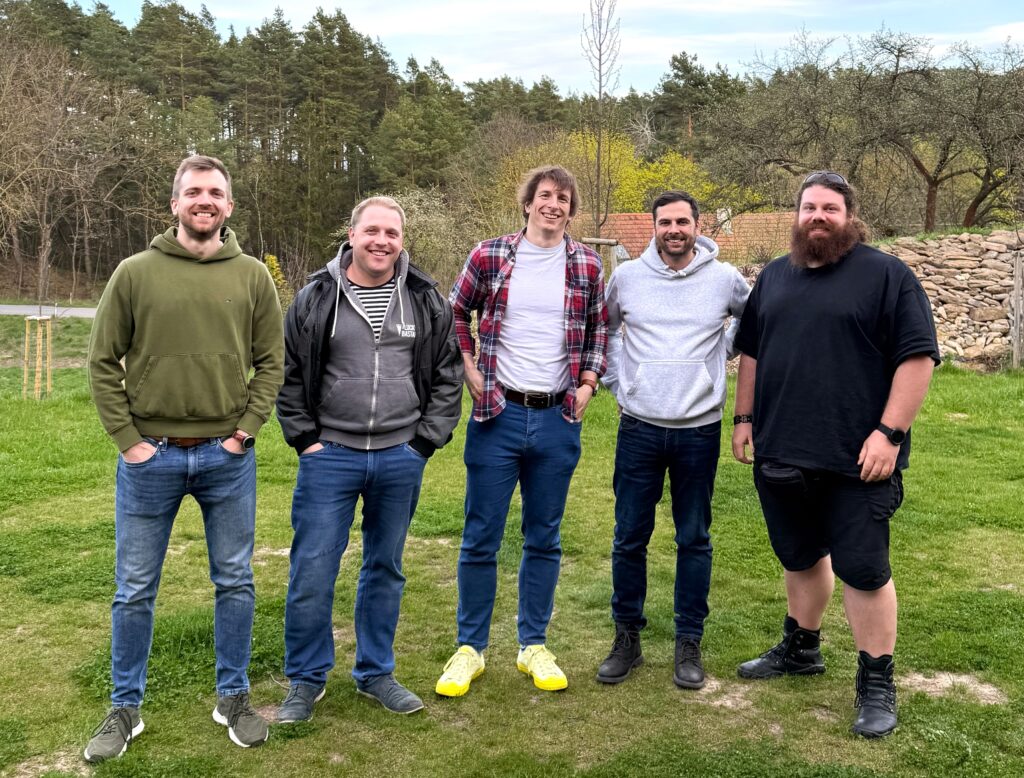A couple of months back, a group of EU entrepreneurs was working together to create a new pan-European legal entity for startups called EU Inc. On Tuesday, EU Inc. unveiled its blueprint to create a unified company structure across Europe.
The EU-Inc aims to streamline incorporation, management processes, and fundraising for innovative businesses across Europe. With over 13,000 supporters already signing a petition, the movement aims to break down national silos that hinder investment and growth in the European startup ecosystem. The announcement comes as President-elect Donald Trump formed the Department of Government Efficiency (DOGE).
DOGE, inspired by Dogecoin and backed by Musk, is on a mission to improve US governance by reducing bureaucracy.
“These are surely interesting times for policy: DOGE (Department Of Government Efficiency) in the US with Musk and Ramaswamy appointed by Trump has created a lively discussion in Germany, where the former finance minister has said on public TV it could make sense to think more Musk or Milei for Germany,” says Simon Schaefer, the co-initiator of the EU-Inc petition on a LinkedIn post.
EU Inc: The growing need for change in Europe
According to the proposal, European startups are currently facing significant challenges from a fragmented and siloed ecosystem. “Barely any investor wants to invest in companies from other legal systems – and we’ve got 27+ of them. Additionally, once you’ve managed to raise money you still need to figure out how to hire pan-European talent and how to make stock options work in dozens of countries,” reads the proposals.
According to Schaefe, there is a lack of harmonisation, critical mass, and momentum due to fractalisation. Some of the examples include the absence of a unified stock exchange for large IPOs, the lack of central tax collection and management that pit EU countries against each other for foreign direct investments, and the failure to fully establish a single consumer market.
“If we don’t want to subscribe like a SaaS client to every service by the US and China in the future,” says Andreas Klinger at Slush.








